SEOUL, Sept 9, V7N – South Korea convened an international summit on Monday aimed at establishing a blueprint for the responsible use of artificial intelligence (AI) in military applications. This two-day gathering in Seoul has attracted representatives from over 90 countries, including major powers like the United States and China. However, any agreements reached are not expected to carry binding enforcement powers.
This summit follows the first meeting held in Amsterdam last year, where nations, including the U.S. and China, endorsed a modest "call to action" without any legal commitments. South Korean Defence Minister Kim Yong-hyun highlighted the significance of AI in modern warfare, referencing its role in the ongoing Russia-Ukraine conflict, where AI-enabled drones have provided Ukraine with a technological advantage.
"As AI is applied to the military domain, the military's operational capabilities are dramatically improved," Kim stated, while also cautioning that such advancements can be a "double-edged sword" if misused.
Discussions at the summit are expected to cover critical areas, including legal reviews to ensure compliance with international law and mechanisms to prevent autonomous weapons from making life-and-death decisions without human oversight. South Korean Foreign Minister Cho Tae-yul emphasized the need for a framework that establishes minimum standards for AI use in military contexts.
While the summit aims to produce a more detailed document outlining responsible AI use in the military, it remains uncertain how many nations will endorse the proposed blueprint.
The discussions are part of a broader international dialogue on military AI, with U.N. member states under the 1983 Convention on Certain Conventional Weapons (CCW) also exploring potential restrictions on lethal autonomous weapons systems.
In addition to the summit, the U.S. government launched a declaration last year advocating for the responsible use of AI in military applications, which has garnered support from 55 countries as of August.
Co-hosted by the Netherlands, Singapore, Kenya, and the United Kingdom, the Seoul summit seeks to facilitate ongoing discussions among various stakeholders, including representatives from international organizations, academia, and the private sector. Approximately 2,000 participants are registered to engage in conversations about civilian protection and the implications of AI in controlling nuclear weapons.
As the summit progresses, it aims to address the challenges and opportunities presented by AI in military operations, striving to balance technological advancements with ethical considerations and international law compliance.
END/TEC/RH



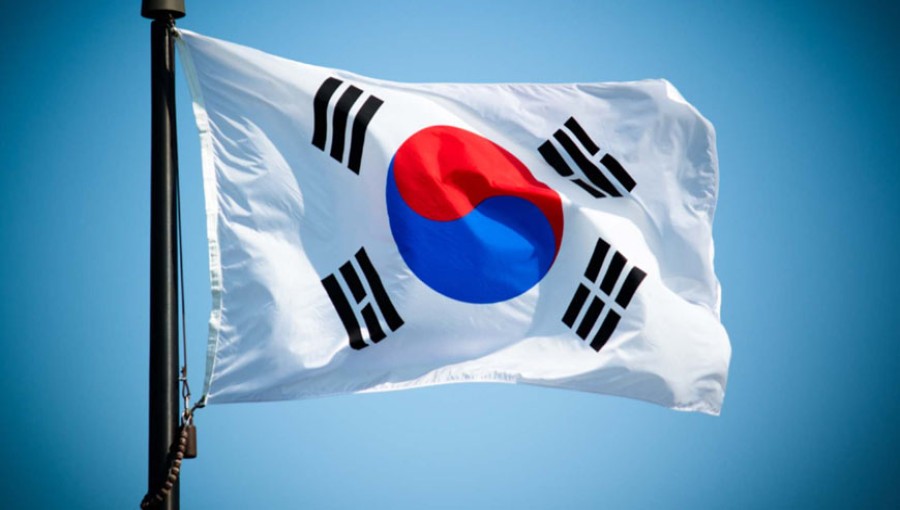
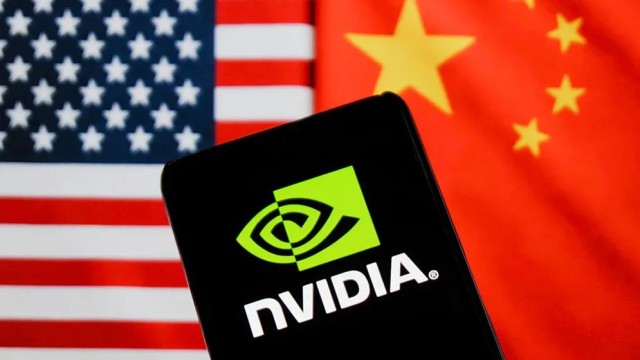




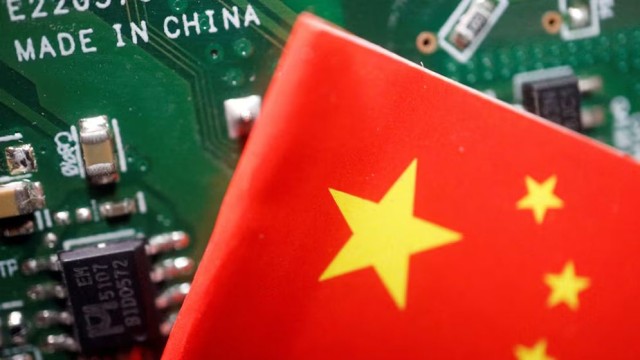

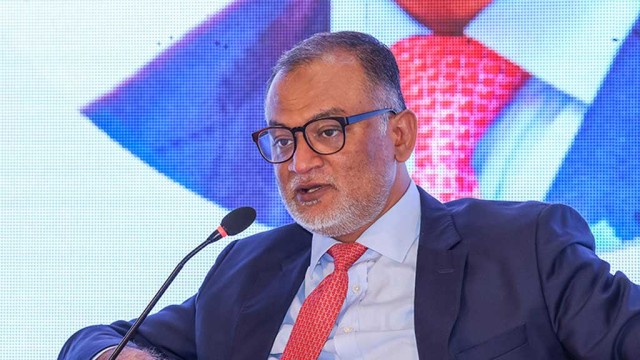


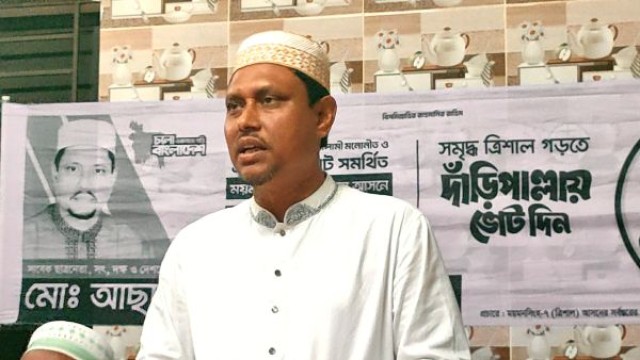
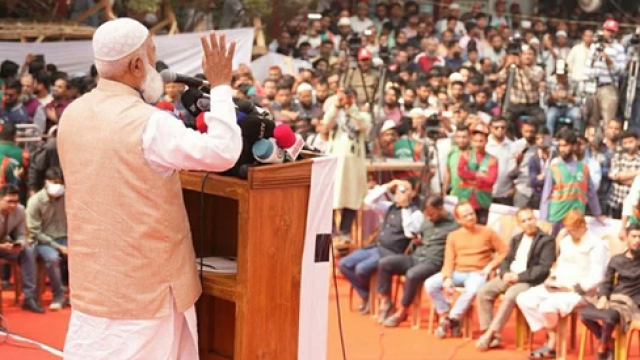

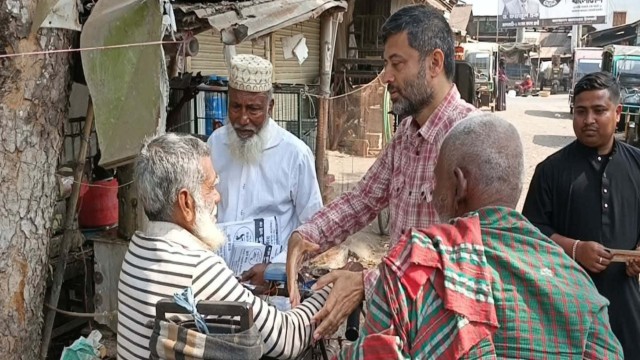
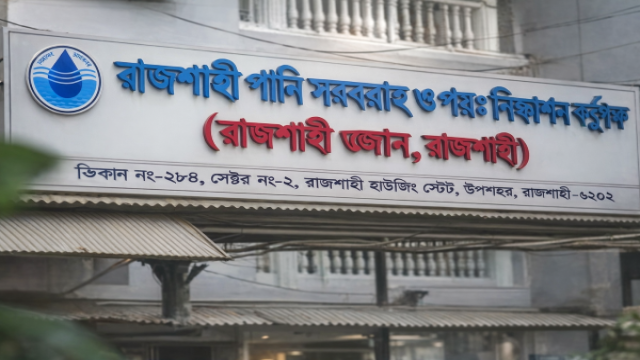
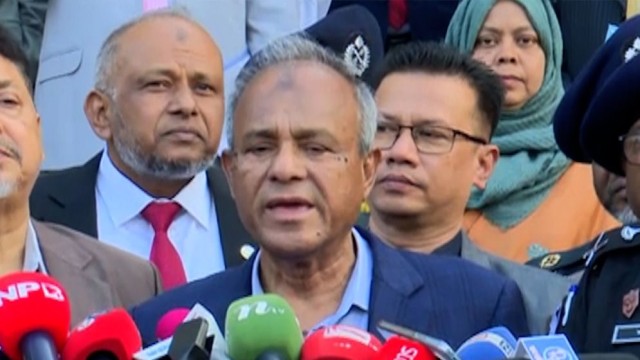











Comment: